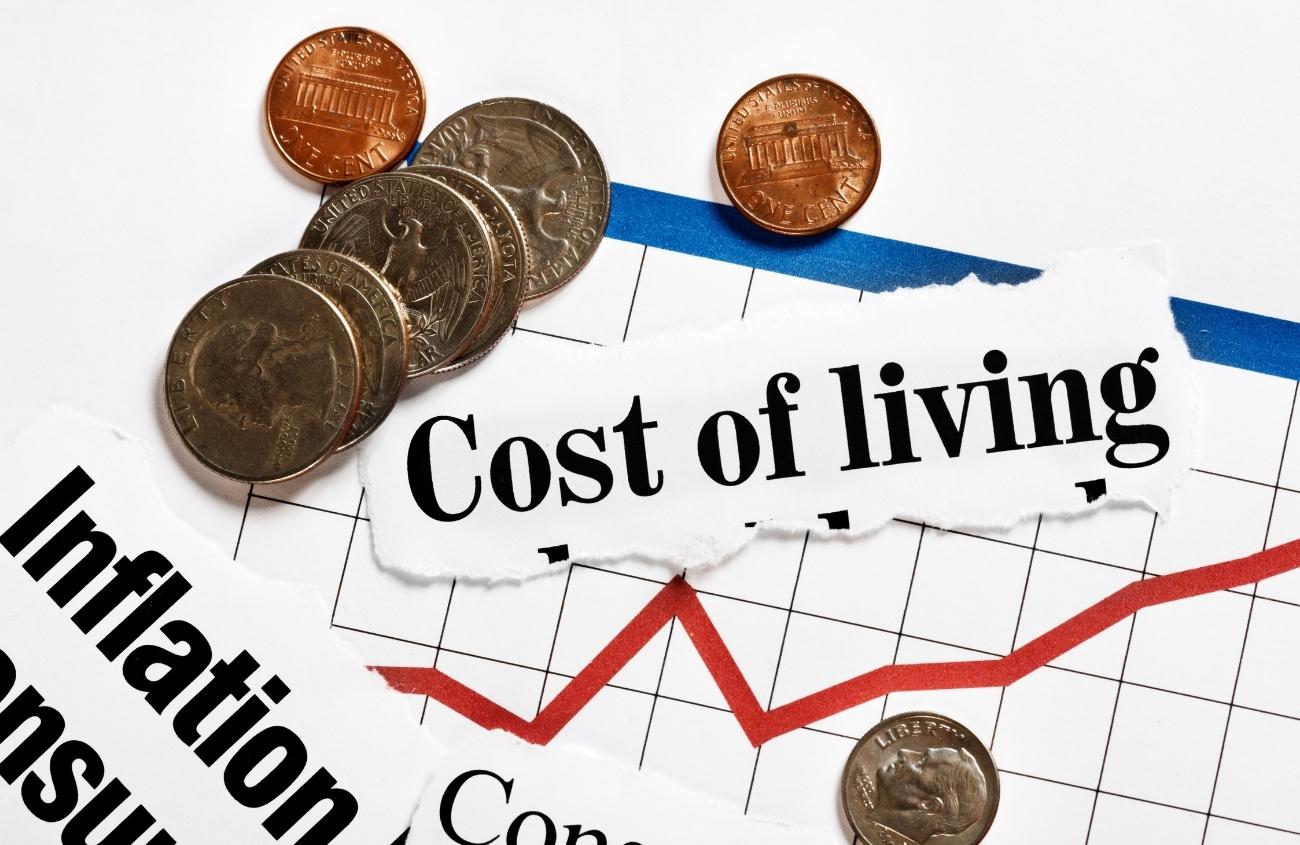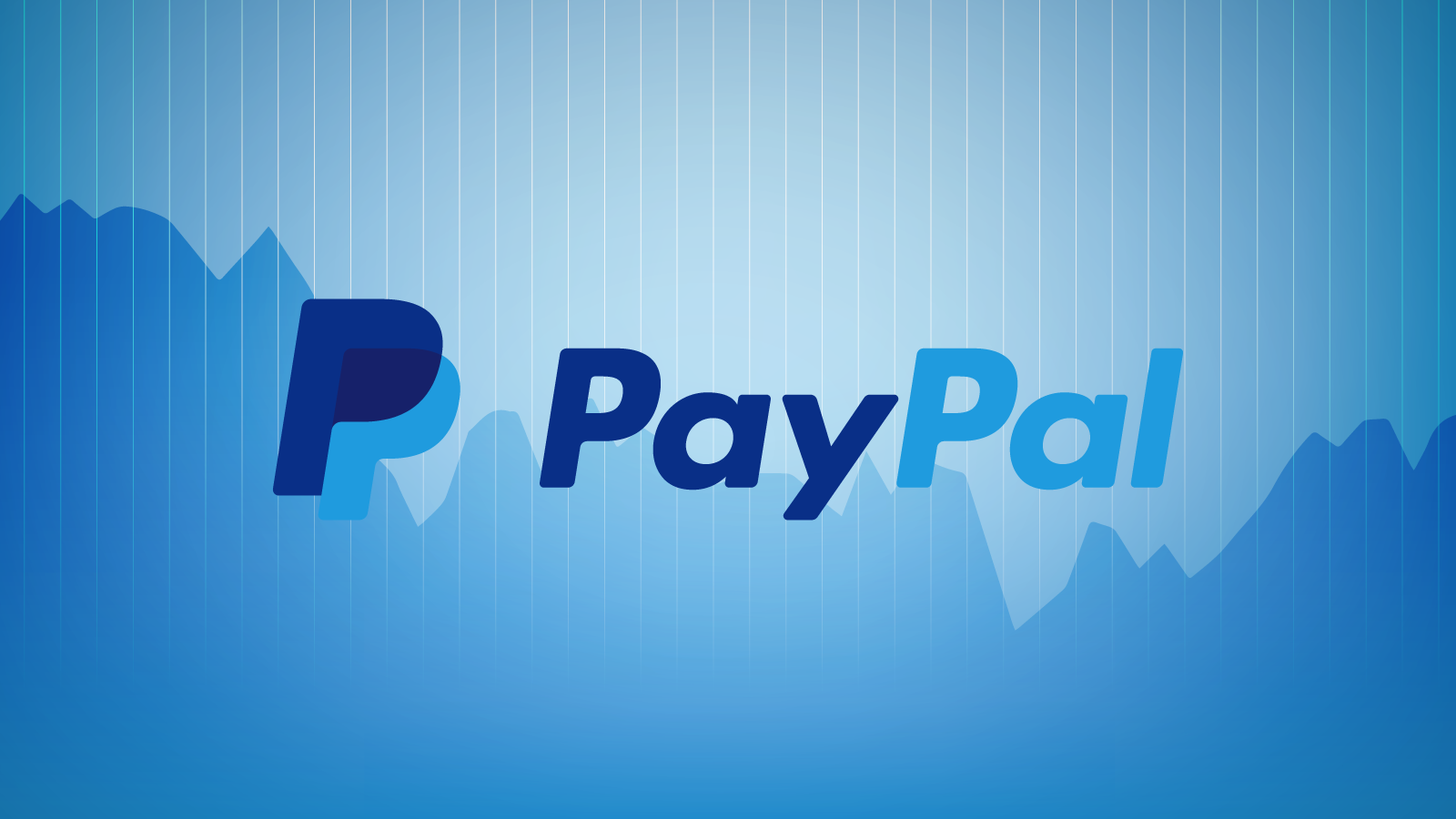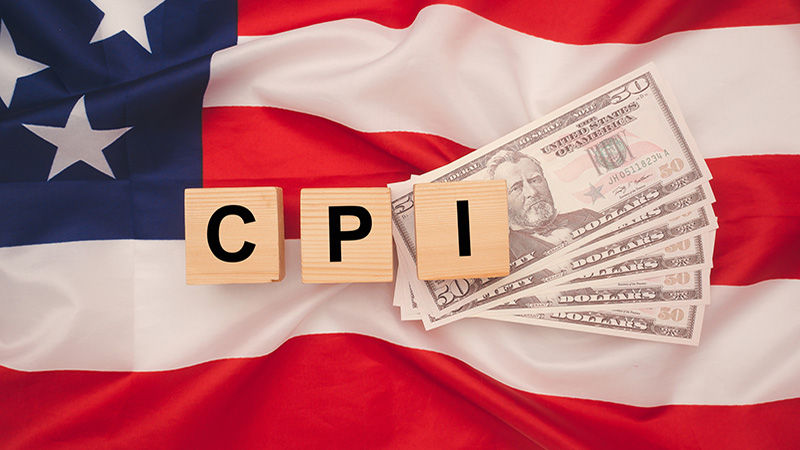Meta (META) Q3 Consumer Analysis: AI Friction and Privacy Concerns Shape the Conversation

Summary
Meta’s third-quarter consumer landscape paints a picture of rising visibility but waning enthusiasm. While online mentions grew nearly 10% from Q2, engagement and positivity declined as users voiced growing unease over AI automation, privacy, and platform transparency. The shift from giveaways and entertainment to deeper debates around governance and data handling signals a pivotal change in how audiences perceive Meta’s evolving ecosystem. Despite maintaining dominance in reach and integration, the company now faces a more critical public conversation—one defined by trust, control, and the uneasy intersection of innovation and intrusion.
Meta (META) Q3 Consumer Analysis: AI Friction and Privacy Concerns Shape the Conversation
Social listening data from Q3 reveals a complex quarter for Meta. Overall conversation rose by 9.9% compared to Q2, but general enthusiasm declined. The focus of online discussion shifted from promotions and entertainment to AI integration, privacy, and platform reliability.
Volume and Momentum
From Q2 to Q3, total Meta mentions increased from 5.45 million to 5.99 million, a rise of 9.9%. Unique author count grew 6.7%, moving from 1.19 million to 1.27 million. At the same time, total engagements dropped 4.3%, showing that while people talked about Meta more, the excitement level was lower.
This dynamic suggests heightened visibility but weaker emotional response, with users participating in more commentary yet showing less positivity.
What People Discussed Most
Conversation themes shifted notably in Q3. Three main topics dominated:
- Meta AI and automation: 28 percent
- Account management and support: 22 percent
- Privacy and data handling: 18 percent
Together, these subjects made up 68% of all Q3 Meta mentions, up from 52 percent in Q2. AI features saw a 10 percent increase in conversation, while privacy topics rose by 6 percent. Mentions of giveaways fell sharply by 8 percent, and Reels engagement dipped by 4 percent.
The overall topic mix shows a pivot from short-term engagement activities toward deeper discussion around automation systems, data usage, and user control.
Consumer Sentiment
In Q3, negative posts most often mentioned account restrictions, intrusive AI tools, and the lack of accessible support. These issues appeared in 52 percent of posts expressing frustration. Positive discussions centered on content performance, cross-platform messaging, and new creative features, appearing in 30 percent of favorable mentions.
The tone of conversation combined appreciation for technical capability with ongoing concern about transparency and responsiveness.
Advertiser and Shopper Conversation Trends
Advertiser and small business-related discussion represented 41 percent of Meta chatter in Q3. Topics included ad performance challenges, Advantage+ automation, targeting precision, and attribution issues. Many discussions referenced ad approval delays and unclear enforcement policies.
Shopper and commerce conversation accounted for 24%, with mentions of Instagram Shops, click-to-WhatsApp interactions, and integrated checkout experiences. Users highlighted both convenience and technical inconsistency.
Privacy, Safety, and Trust
Mentions of privacy, misinformation, teen well-being, and platform safety totaled 812,000 in Q3, a 14 percent increase from Q2. However, language focusing on trust—terms like safe, protected, and control—fell by 7 percent. This contradiction shows that concerns about safety continue to rise while confidence in the platform’s ability to protect users has declined.
Competitive Landscape
Within the Meta discussion, TikTok appeared in 31 percent of comparative mentions, YouTube and Shorts in 24 percent, and X (Twitter) in 17 percent. Snap and Pinterest were referenced less frequently but remained part of the competitive dialogue.
Meta maintained dominance in reach, Reels visibility, and cross-app connectivity. Rivals were associated more with authenticity, creative freedom, and stronger monetization for creators.
Narrative Shift from Q2 to Q3
The story surrounding Meta changed significantly between quarters. In Q2, promotions and giveaways fueled excitement and engagement. By Q3, attention centered on AI tools and user discomfort with forced integration across major Meta apps like WhatsApp and Instagram. Critiques from creators and technology commentators amplified this sentiment, contributing to the overall tone of caution and scrutiny.
As product integration and automation took center stage, Meta’s narrative moved away from entertainment and toward governance, policy, and control—marking one of the most pronounced perception shifts in recent quarters
About RILA Global Consulting
RILA Global Consulting is a New York–based social listening and market research agency specializing in consumer insights , data analytics, and global competitive intelligence. We analyze real-time conversations to surface trends, risks, and opportunities across healthcare, retail, CPG, technology, and finance, among other. Our teams follow ISO-aligned processes with HIPAA and GDPR compliance. RILA is WBENC certified and pharmacovigilance audited, supporting enterprise clients with robust methodologies for brand safety monitoring, audience segmentation, and category landscape reporting.
Read More

The End of the U.S. Penny: What Social Listening Reveals About Value, Nostalgia, and America’s Evolving Relationship With Currency
The end of U.S. penny production sparked an online conversation far richer than a simple economic update — revealing a moment where money, memory, and national identity collided. Social listening shows Americans framing the discontinued coin as a cultural artifact, a childhood symbol, and a mirror for anxieties about inflation, political leadership, and a cashless future. Nostalgia blended with skepticism as collectors, financial commentators, and everyday users debated what the penny’s disappearance says about shifting priorities in a modernizing economy. In witnessing the final minting of a coin with 232 years of history, the public wasn’t just reacting to monetary policy — they were negotiating the meaning of value itself.
November 19, 2025
READ MORE

What U.S. Consumers Are Really Buying Right Now: Viral Trends, High-Tech Tools, and the New Psychology of Shopping
U.S. consumers are reshaping the retail landscape in real time, blending emotional impulse with unexpected investment as they navigate economic pressure and digital influence. Social conversations show that Americans are simultaneously splurging on high-performance niche tools, making impulsive TikTok-driven micro-purchases, and buying controversial or loosely regulated products that reveal widening trust gaps in the marketplace. Even as budgets tighten, spending on beauty, wellness, and status-defining items remains resilient, signaling that identity, comfort, and social proof matter more than ever. The result is a consumer environment where viral influence outweighs traditional marketing, transparency becomes a competitive advantage, and brands must track fast-moving cultural signals to stay relevant.
November 19, 2025
READ MORE

Target in Q3 2025: What 6 Million Social Media Posts Reveal About the Brand
Target’s Q3 2025 social footprint reveals a brand caught between strong product demand and increasingly strained execution. Shoppers still love Target’s private labels, seasonal magic and exclusive collaborations, but their enthusiasm is undercut by widespread frustration with understaffed stores, long checkout lines, messy environments, unreliable digital inventory, app glitches and inconsistent delivery through Shipt and Circle 360. Social and political debates as well as safety concerns add volatility to Target’s perception, even as private-label performance and holiday readiness remain clear strengths. The data shows a widening gap between Target’s brand promise and the real shopper experience - one that represents both a risk to loyalty and an opportunity for operational reinvention.
November 18, 2025
READ MORE

Consumer Sentiment Report: October 2025 - How US Households Are Talking About Inflation, Value and the Cost of Living
The Consumer Sentiment Report: October 2025 reveals an America still reeling from the long shadow of inflation. Across millions of social posts, people voiced anger and exhaustion over prices that “went up and never came back down.” Families described feeling cornered by relentless costs in housing, groceries, healthcare, and utilities, with even higher earners living paycheck to paycheck. Consumers are adapting through extreme price sensitivity—embracing coupons, switching brands, and cutting non-essentials—while expressing deep skepticism toward policymakers and corporations alike. For brands and leaders, the message is unmistakable: the modern consumer demands transparency, fairness, and proof of value in every purchase.
November 8, 2025
READ MORE

Restaurant Loyalty in a Squeezed Economy: What 18.9 Million Online Conversations Showed Us
In a strained 2025 economy, 18.9 million online conversations reveals that restaurant loyalty now hinges on one question: is it worth it right now? Consumers praised QSR and pizza chains like Domino’s, Taco Bell, and Chick-fil-A for speed, deals, and perceived value, while fast-casual favorites such as Chipotle and Cava faced growing backlash over $18–$25 meals that no longer felt justified. This shift highlights a pragmatic consumer mindset where affordability, portion fairness, and speed outweigh novelty — signaling that the next wave of restaurant loyalty will be earned not through brand heat, but through clear value and everyday credibility.
November 4, 2025
READ MORE

PayPal (PYPL) Q3 Consumer Analysis: Trust, Security, and Shifting Expectations
PayPal’s Q3 narrative revealed a pivotal shift from optimism about convenience to deeper conversations about trust, transparency, and control. While total mentions and unique voices grew, discussions increasingly centered on account limitations, security holds, and dispute resolution—underscoring consumers’ desire for reliability over novelty. The rise in scam-related chatter highlighted growing vigilance, even as PayPal’s brand familiarity continued to inspire confidence. Meanwhile, challengers like Wise, Venmo, and Cash App gained momentum through their perceived advantages in speed, fees, and clarity. The result is a landscape where PayPal remains trusted but scrutinized—a symbol of digital payments maturing under consumer demand for accountability and seamless support.
October 30, 2025
READ MORE

CPI Insights: September 2025 — Inflation Anxiety and the Blame Game on Social Media
RILA’s analysis of over 16 million U.S. social media conversations surrounding the September 2025 CPI report uncovers a nation grappling with economic fatigue and distrust. Beyond rising numbers, Americans see inflation as a symptom of systemic policy failure — with blame falling heavily on government spending, immigration costs, and tariffs. Healthcare, housing, and education top the list of pain points, symbolizing structural failures that go far beyond temporary price spikes. The public mood is overwhelmingly negative, marked by anger, blame, and a sense of entrapment as consumers feel policy decisions — not just market forces — are eroding their economic stability and future prospects.
October 27, 2025
READ MORE

Early Holiday Spending Sentiment in October: How Consumers Are Feeling
As the 2025 holiday season approaches, consumer conversations reveal a fascinating mix of optimism and caution. While inflation and economic pressures weigh heavily on many households, shoppers are prioritizing meaningful experiences and emotional value over discounts and mass-market products. Parents, in particular, are determined to make the holidays special for their children, even if it means turning to flexible payment options like buy now, pay later or adjusting travel plans toward affordable domestic trips. The overall sentiment suggests a redefinition of holiday joy — one centered on authenticity, connection, and creative budgeting — offering brands a clear opportunity to engage with purpose and empathy this festive season.
October 24, 2025
READ MORE

Top U.S. Consumer Concerns — Last 30 Days (RILA Global Consulting Analysis)
Over the past month, American consumers have been caught between economic pressure and cautious hope. According to RILA’s analysis of 25 million online conversations, tariffs and inflation dominate public discourse — shaping a sense of financial vulnerability that spans demographics and languages. English-speaking Americans decry tariffs as a hidden tax, while Spanish-speaking communities focus on agricultural fallout and global trade risks. Inflation’s reach now extends beyond groceries to healthcare, deepening distrust in political leadership. Meanwhile, AI-driven automation fuels job insecurity, especially among younger generations who see innovation as both opportunity and threat. Yet, amid the strain, moments of optimism — from EV purchases to financial literacy — suggest that while Americans feel squeezed, they’re still seeking control and clarity in a shifting economic landscape.
October 22, 2025
READ MORE